A scientist accidentally found the oldest version of the periodic table
 Source:
Source:
Sometimes you can discover truly amazing and incredibly valuable things, conducting a General cleaning of the room, is where the most cleaning is never really done. Don't believe? Just ask the doctor of chemistry Alan Aitken of St. Andrews University (Scotland), who in 2014 spent a month of my life to put in order a warehouse of the faculty of chemistry, which is not properly cleaned since its opening in 1968. Among all the mess that has accumulated there for many years, Aitken found a bunch of folded training tables. What was the surprise of the scientist, when all of this stuff before his eyes appeared a unique relic of scientific history.
When Dr. Aitken has launched one of the folded tables, he found the front is one of the earliest versions of the periodic system of chemical elements. At the top of the table was placed the inscription in German: "Periodische Gesetzmässigkeit der Elemente nach Mendeleieff", which means "the Periodical system of elements by Mendeleev". Because the table lay in the back room for many years, it has become very fragile. In that moment, when the Aitken it was first launched, the paper has come off a few pieces, but the main text was not affected. The poor condition of the paper gave scientists to understand that it is a real artifact.
The Detailed analysis table and its history has confirmed this conjecture. Yes, the table was very old. According to the University, it was created in 1885. Further study showed that it can be officially considered the oldest known educational tables of the periodic system of chemical elements.
The Russian scientist Dmitri Ivanovich Mendeleev published his first scheme of the periodic table in 1869, in the article "Correlation of properties with atomic weight of elements" (in the journal of the Russian chemical society). In 1871, the table was amended. Discovered a table in the Scottish University is very similar to the amended version, but with some important differences.
"Discovered at St. Andrews University is an early example. The table has annotations in German, and in the lower left corner of the signature — "v Verlag. Lenoir & Forster, Wien", — pointing to the printer, who worked in Vienna from 1875 to 1888. Another signed "Lith. von Ant. Hartinger & Sohn, Wien" — refers to a lithographer, who, as it turned out, died in 1890. In the course of the identification of the origin of the table, the University has asked for help and advice to many international experts. The study suggests that the earlier edition of this table, it seems, does not exist. Professor Eric sherry, an expert in the field of the history of the periodic table of the elements, University of California at Los Angeles believes that this table was compiled between 1879 and 1886 years. On this conclusion he pointed out the items contained therein. For example, gallium and scandium, opened in 1875 and 1885 there are, and germanium, which was discovered only in 1886 – missing", — reported St. Andrews University.
Further analysis of old financial reports of the University showed that Thomas Purdy, a Professor of chemistry who worked at the University from 1884 to 1909, acquired the table through the German academic catalogue in October 1888. And the table was made in Vienna in 1885.
After establishing the date of manufacture and place of production of the table the leadership of St. Andrews University took the decision on the preservation of this amazing relic of scientific history for posterity. To this end, the University turned to his team of restorers. The necessary funding was obtained from Scottish National endowment for the preservation of manuscripts.
Observing the greatest caution, to further prevent damage to the paper, the team of restorers brushes clean the table he accumulated during the long years of neglect dirt and dust. The paper was otmechena table also caution has been detached from a heavy linen backing. The work was also used deionized water, which scientists have restored the color of the text. And with the help of Japanese paper kozo and paste from wheat starch experts were able to restore the line breaks in paper.
After the restoration of the University staff created a full-size replica of the grid, which now shows at St. Andrews University. The original table was placed in safe storage in a room with controlled temperature and humidity.
To Discuss a unique find in our .
Recommended
What will be the shelter for the first Martian colonists?
Mars is not the friendliest planet for humans While the Red Planet is roaming rovers, researchers are pondering the construction of shelters and materials needed by future Martian colonists. The authors of the new paper suggest that we could use one ...
New proof of string theory discovered
Just a few years ago, it seemed that string theory was the new theory of everything. But today the string universe raises more questions than answers String theory is designed to combine all our knowledge of the Universe and explain it. When she appe...
What is the four-dimensional space?
Modeling camera motion in four-dimensional space. View the world in different dimensions changes the way we perceive everything around, including time and space. Think about the difference between two dimensions and three dimensions is easy, but what...
Related News
CERN wants to build the biggest and coolest Collider particles in the Universe
actually, I deliberately made a mistake in the title. Colliders — quite a natural phenomenon that often occurs in our Universe. face split in stars and black holes at energies that are even difficult to imagine. However, the pride...
Scientists: nuclear power is the only salvation from climate catastrophe
to reduce emissions of greenhouse gases and save the planet from global warming, many countries are trying to switch to renewable energy sources. To do this, they build solar and wind farms that take up huge area of land. Scientis...
The Nobel laureate lost premiums due to racist remarks
In 1962, American biologist James Watson won the Nobel prize in physiology or medicine for the discovery of the structure of the molecule . In my entire career of 90-year-old scientist had to give a lot of scandalous interviews in...
Scientists have learned to look for the bacteria generating electricity
Some bacteria can generate electrical energy, and scientists intend to use them as an unusual property for electrochemical devices, fuel and wastewater treatment. As a rule, unusual bacteria exist in environments with low oxygen c...
The satellites captured the storm that lifts a 17-foot waves in the Pacific ocean
In the Pacific ocean, the raging storm, which despite its huge size, has no name. It is clearly visible from the orbit of the Earth — shocking picture was captured not one, but two meteorological satellites from different countrie...
SpaceX will dismiss 10% of its employees to focus on what's important
Aerospace company private space transportation that will take us one day to Mars, reduces 10% of the workforce, almost immediately after the first successful rocket launch for a satellite operator Iridium. The news, first publishe...
For all time, scientists have deciphered at least 1% of the data of the Large Hadron Collider
the Large Hadron Collider — is one of the most amazing inventions of mankind, responsible for the discovery of numerous subatomic particles, including the elusive Higgs boson. And recently, new data hint at new discoveries b...
For all time, scientists have deciphered at least 1% of the data of the Large Hadron Collider
the Large Hadron Collider — is one of the most amazing inventions of mankind, responsible for the discovery of numerous subatomic particles, including the elusive Higgs boson. And recently, new data hint at new discoveries b...
The new model of the Universe explain dark energy
Researchers from Uppsala University in Sweden have proposed a new model of the Universe, capable, in their opinion, to solve the mystery of dark energy, which according to many theoretical physicists, responsible for the expansion...
Amoeba found in the solution of complex mathematical problems faster than a computer
the Amoeba — is a simple creature, we go to school on one of the first lessons of biology. Hardly anyone considers the amoeba of highly intelligent individuals, because she doesn't have a nervous system in the usual sense. H...
What to expect from science in 2019?
to Predict the future — is not easy. This is dedicated to the entire discipline. Trained forecasters rely on data to seek out trends, observing people's behavior, trying to guess what will happen next. This is especially true of s...
Scientists have achieved superconductivity at record high temperatures
from school lessons of physics we know that an electric current flowing through a conductor meets with resistance. Because of this, a lot of energy is expended for nothing, but in 1911, scientists have noticed a strange feature of...
Smallest particles. How are they fundamental?
what is at the most basic, fundamental level? Is there a smallest possible brick or set of bricks from which you can build literally everything in our Universe that cannot be divided into something smaller? To this question scienc...
Global emissions of carbon dioxide will break the record in 2018
it is Expected that global carbon emissions reached record levels in 2018, despite calls from climate scientists and international organizations such as the United Nations, to reduce. It is expected that the worldwide use of fossi...
Scientists have found a way to harness the energy of thermonuclear fusion
One of the most promising areas in the nuclear power industry is the type of rector, called a tokamak. It uses a very powerful magnetic field, which inside the special toroidal chamber (in the form of a hollow donut) is trapped by...
What happens to the brain in weightlessness?
for anybody not a secret that NASA took on an impossible task: to send humans to Mars by 2030. Why? Because it is enough to understand that a typical trip would take from three to six months, and the crew will have to stay on the ...
Astronomers have found another "twinkling" star
In the galaxy there were still a strangely twinkling star. Using a telescope in Chile, astronomers have discovered a star whose strange flickering — alternating bright and dim lights — like a star Tabby, which has long been associ...
Nuclear "knots" will help to solve the mystery of atoms
Nodular structures called Sirmione, can help scientists unravel the inner workings of atomic nuclei. Skyrmion is a tiny perturbation in matter, swirling pattern similar to the knot that is difficult to unravel. In the 1960-ies of ...
Frozen super-earths in the orbit of Barnard's star: what hides our "neighbor"?
Every night, counting the stars, astronomers closer to see how populated our universe — or at least our galaxy. After a quarter-century after orbiting other stars were discovered the first exoplanets, statistical data showed that,...
Scientists have created a two-dimensional electron lattice kagome
Scientists from the University of Wollongong in collaboration with colleagues from the Chinese University Beihang, University Nankai and the Institute of physics of the Chinese Academy of Sciences have successfully created two-dim...


















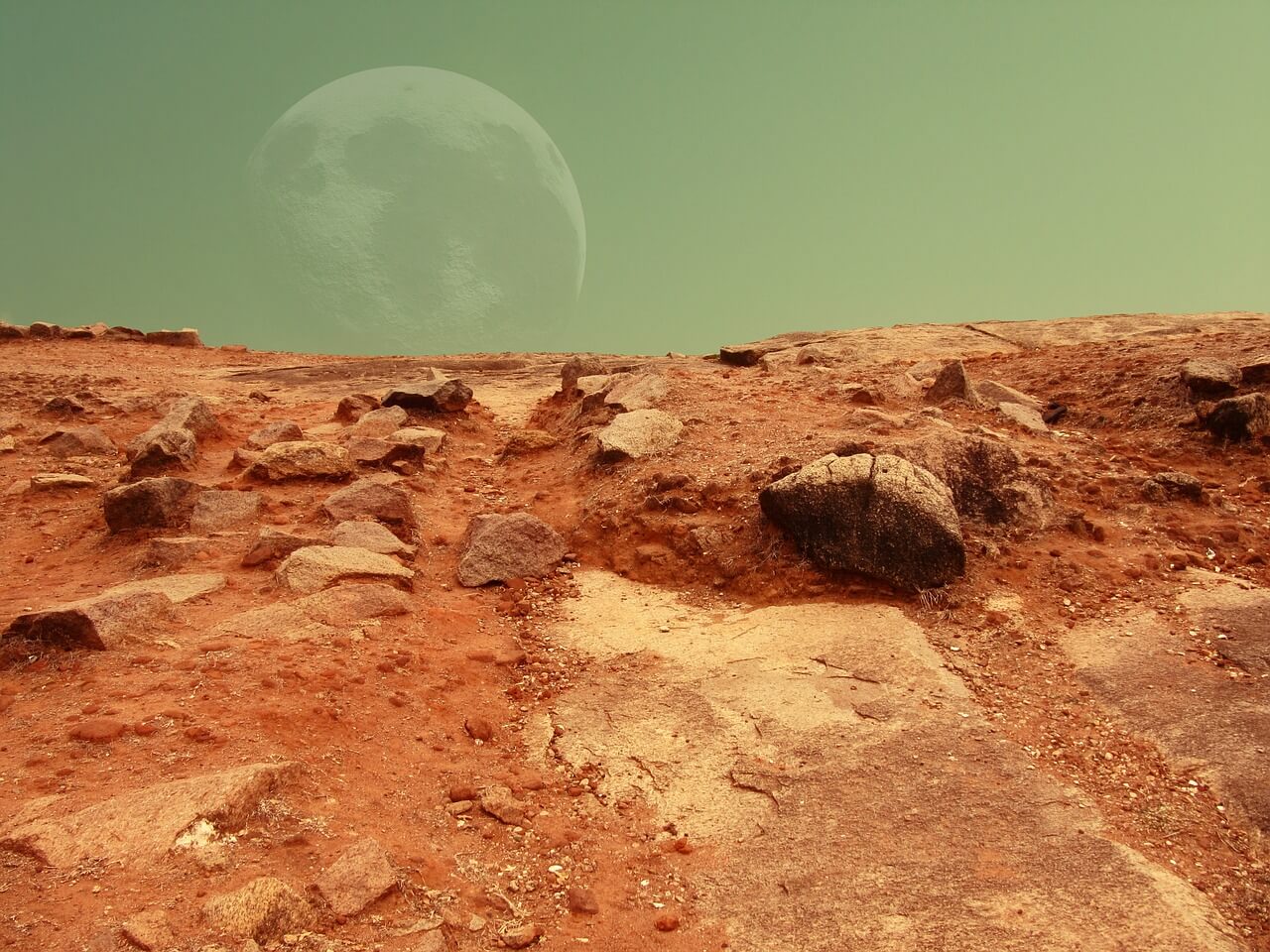
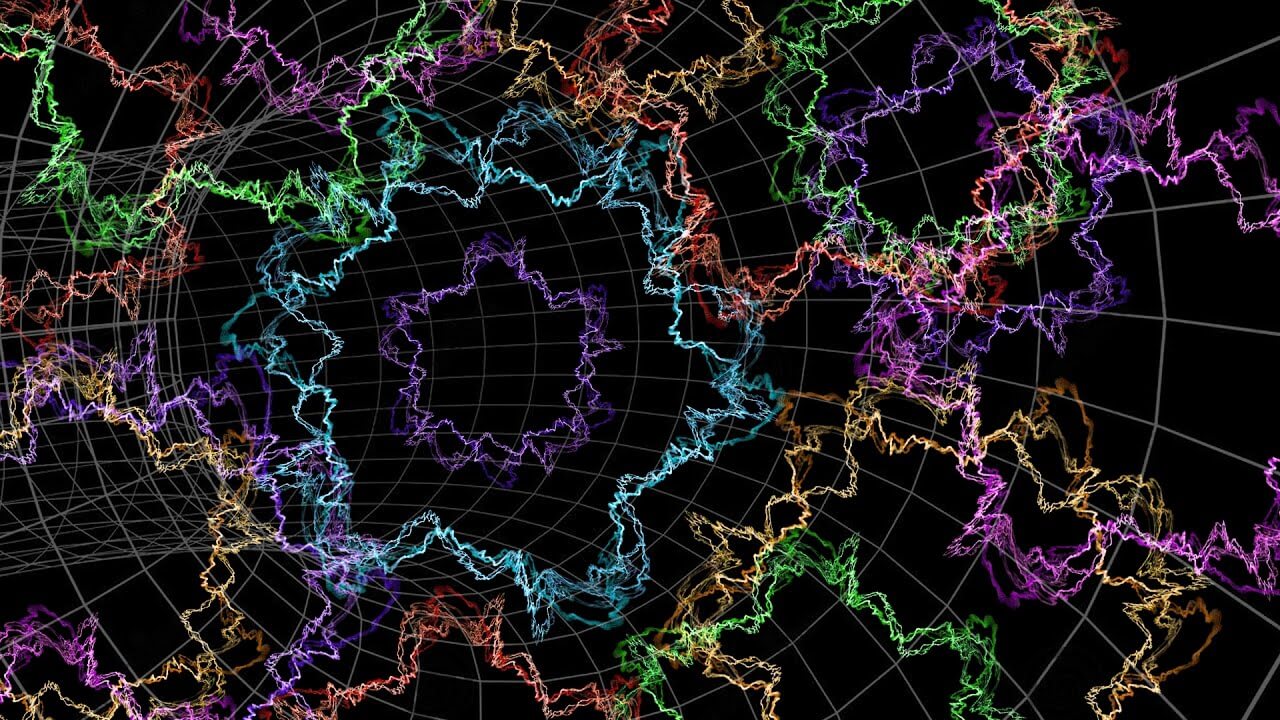
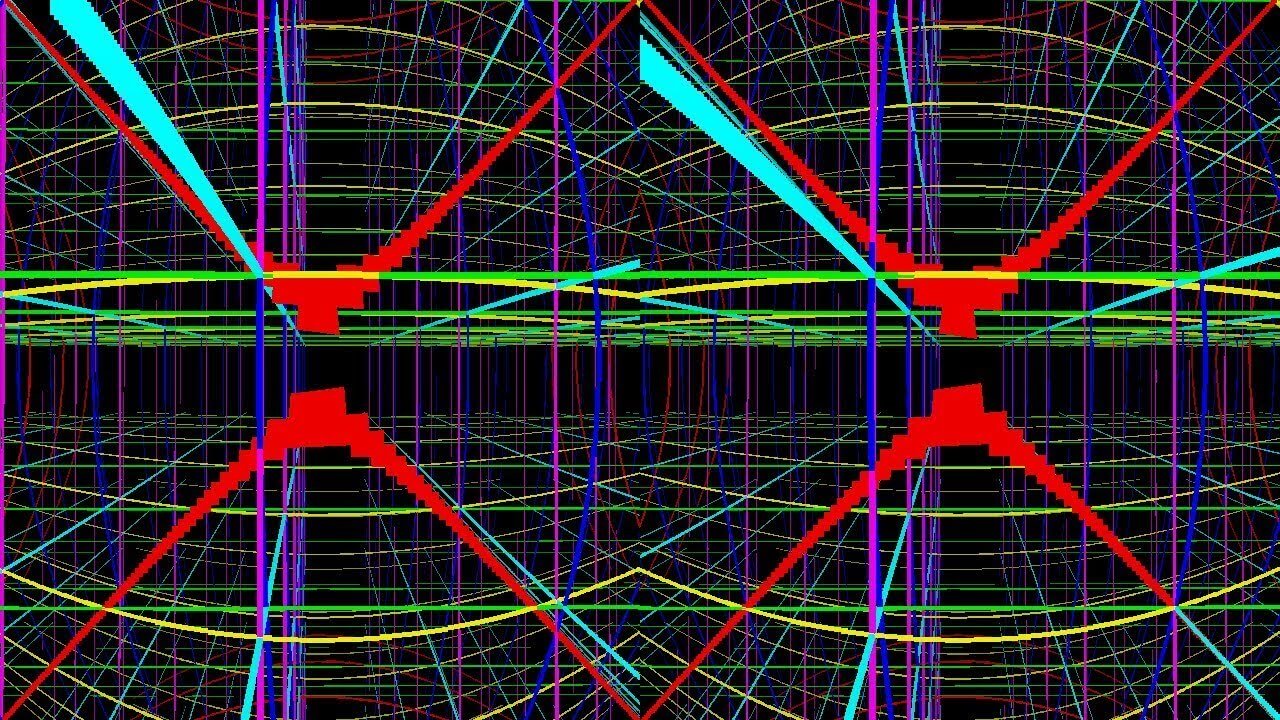



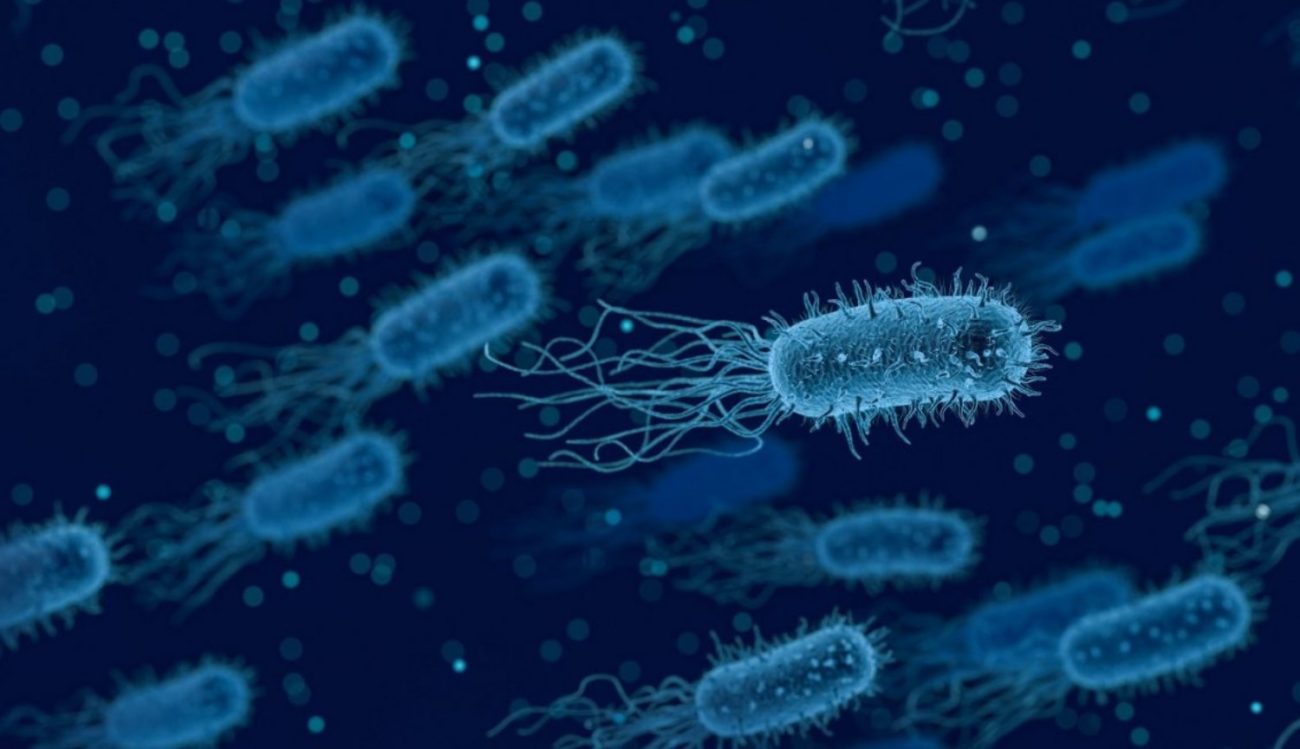




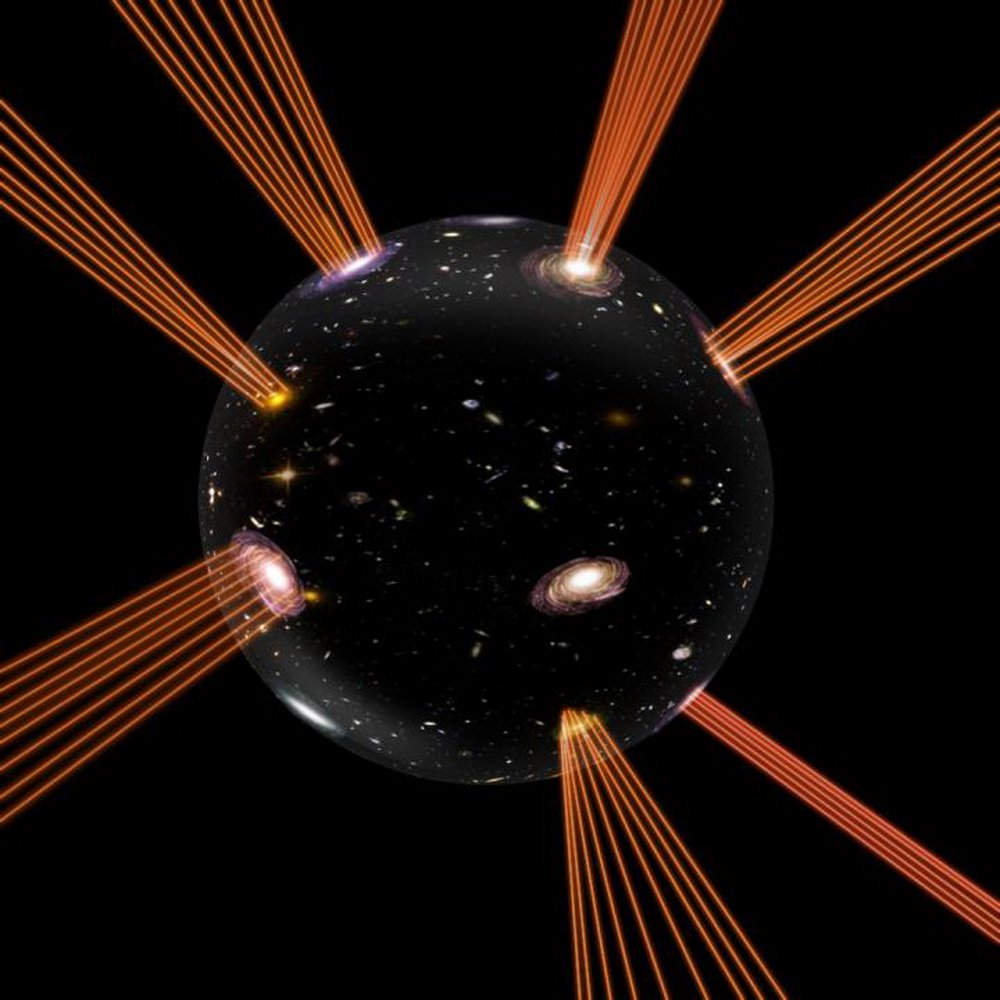
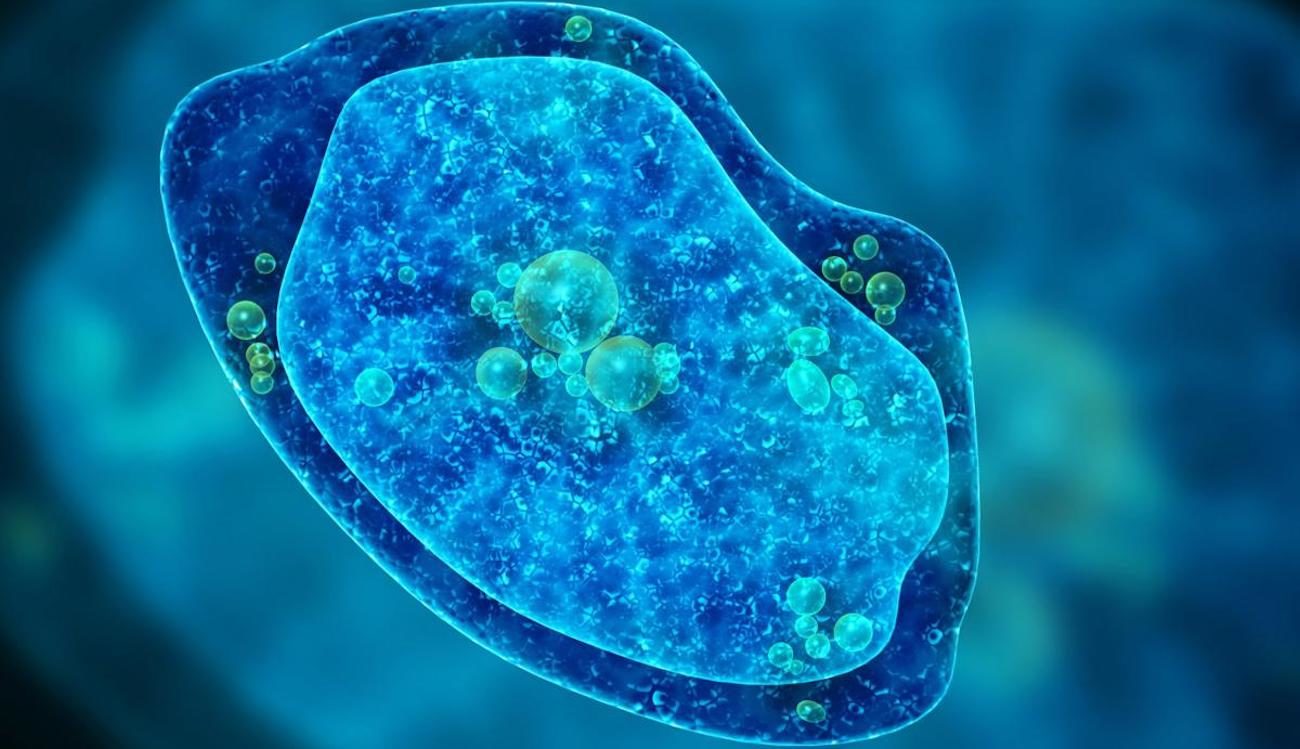
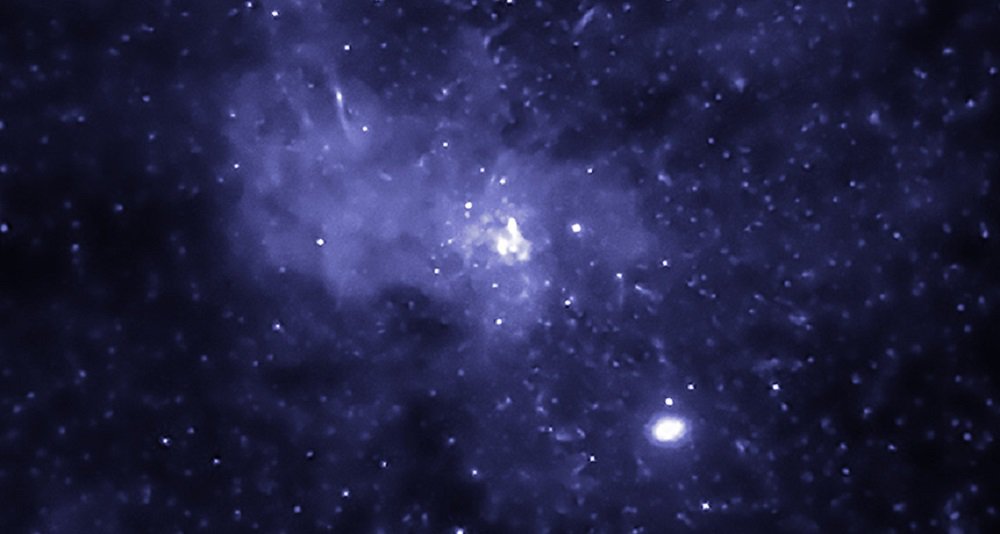



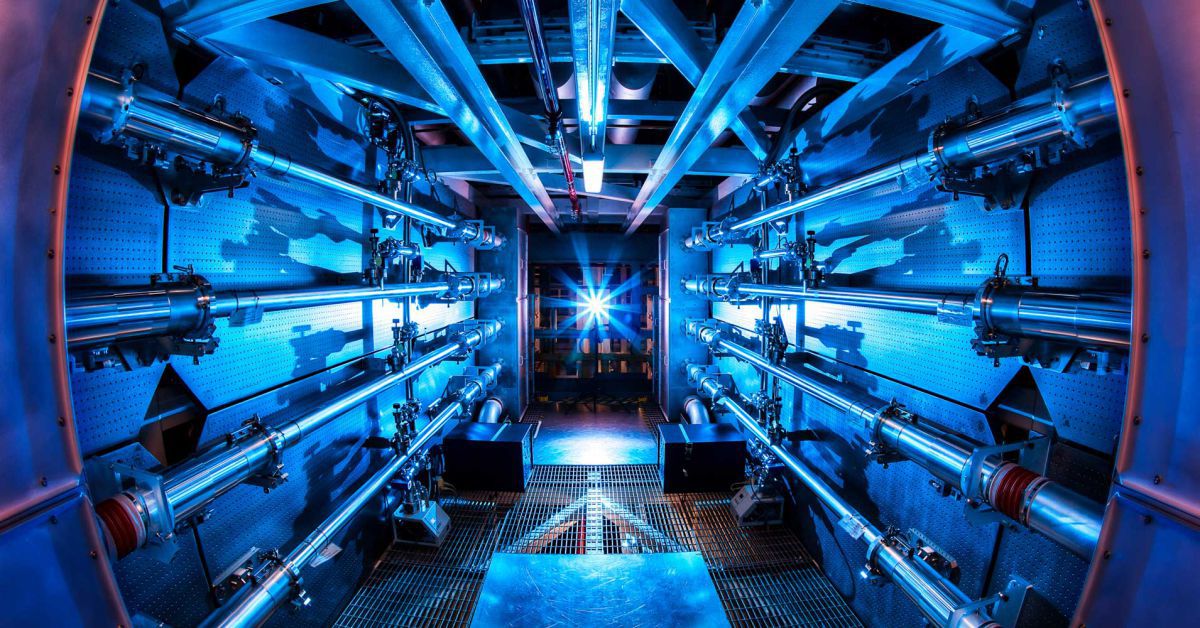
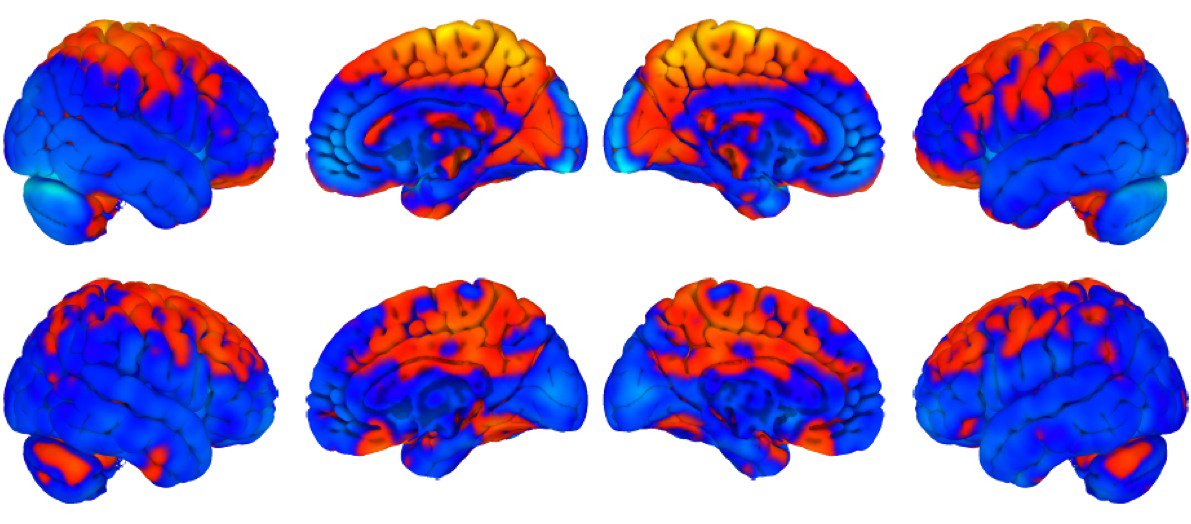
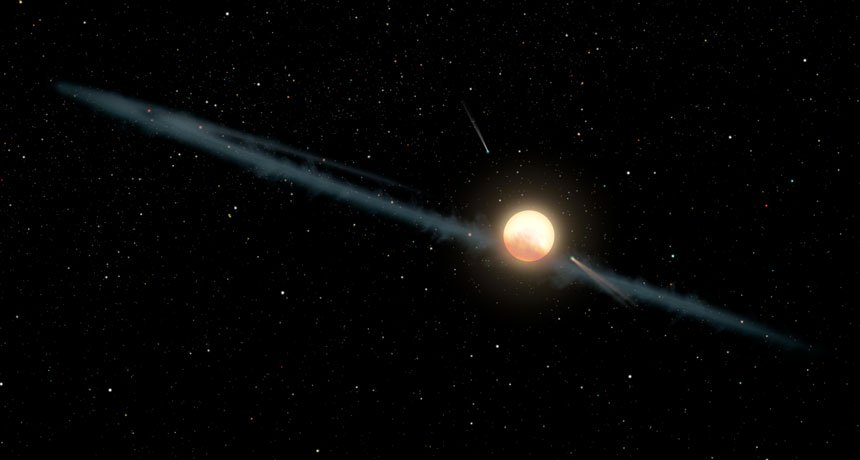
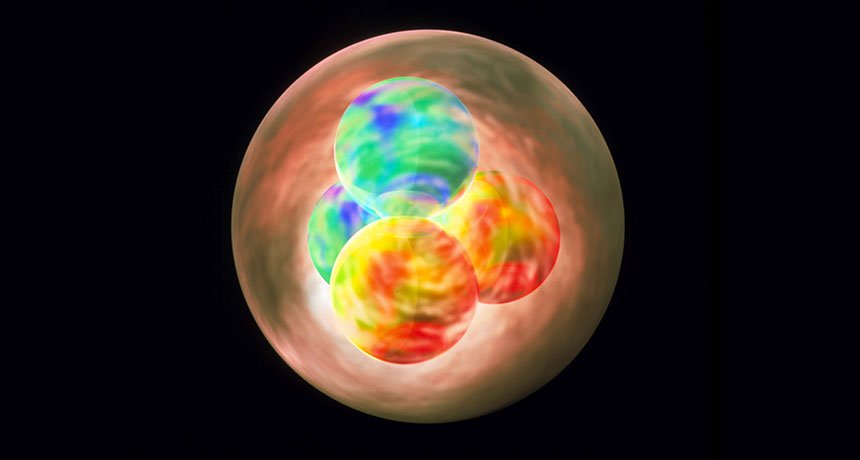
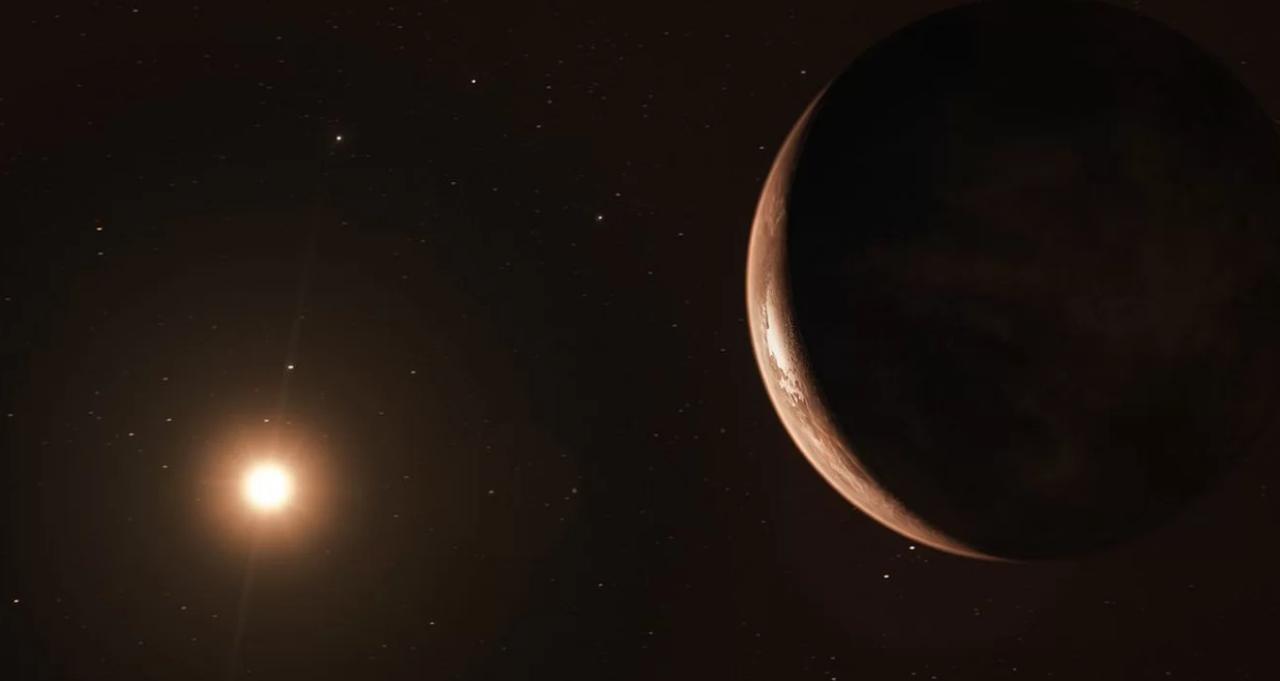

Comments (0)
This article has no comment, be the first!